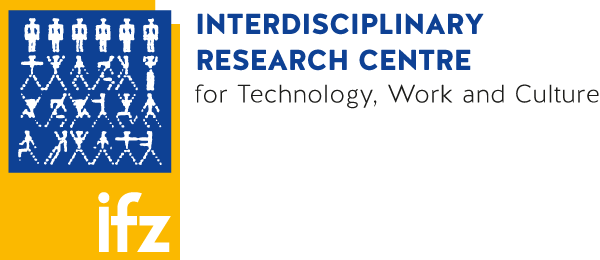Participation
Participation means that those affected by research, for example the users of technologies or buildings, are involved in (technology) development processes. The development of systems, technologies and innovations is thus put on a broader footing and "democratized" to a certain extent. It is also important to analyze the framework conditions that promote or hinder this "democratization".
For more information, please contact Jürgen Suschek-Berger.
Approach
